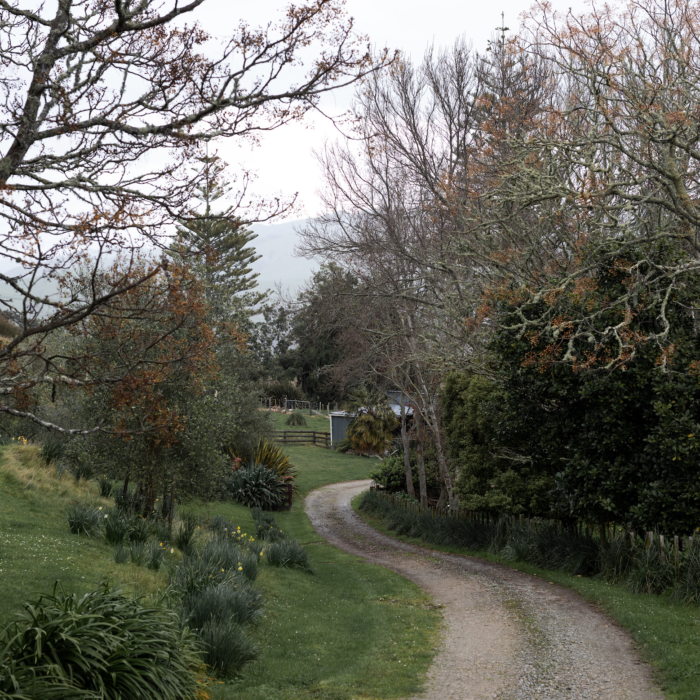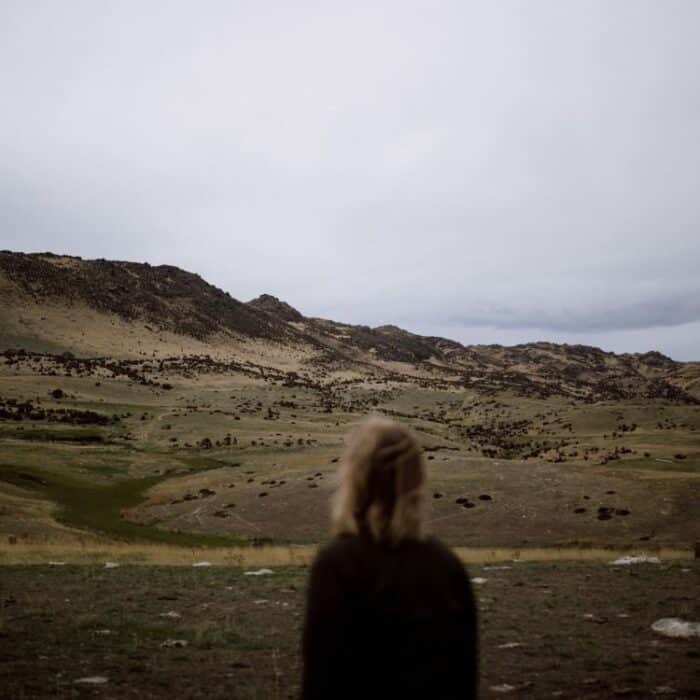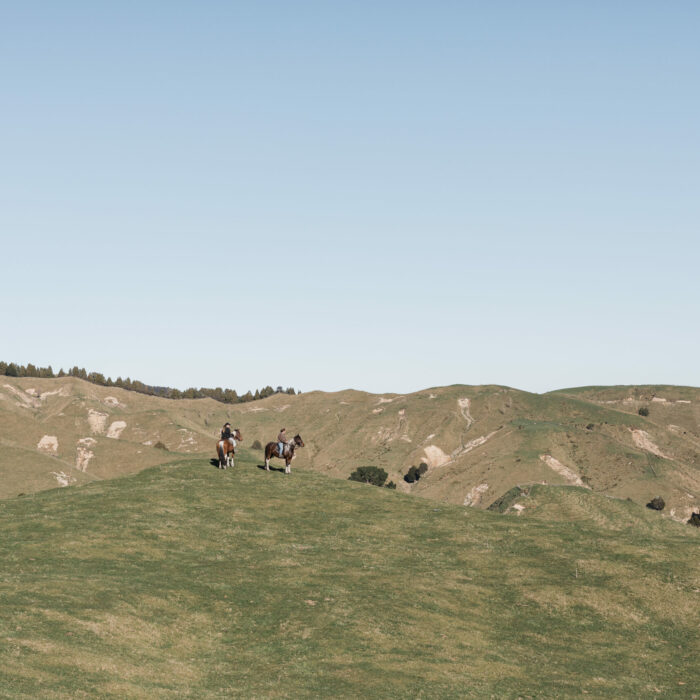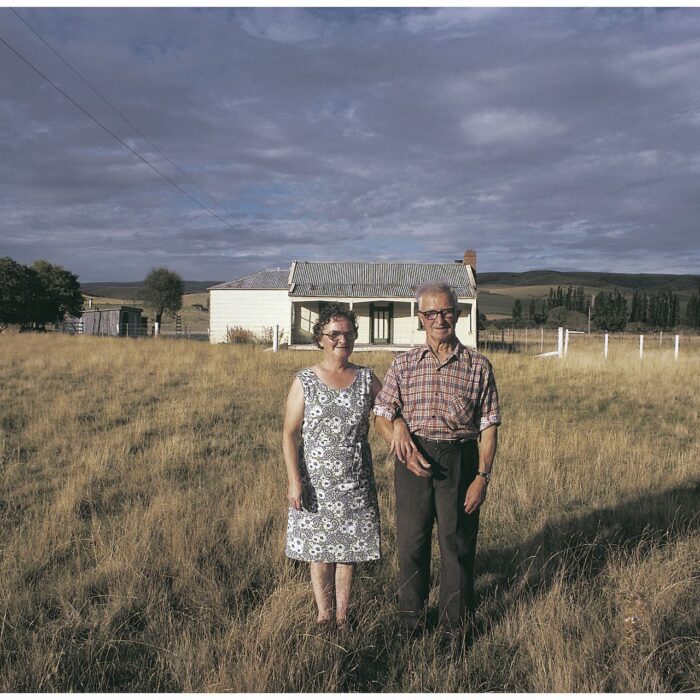
Gill says, “I follow up with everyone I’ve sent to get a spot looked at. I phone them a month or two later if I think what I’ve seen is melanoma.”
In the driving rain, with the showgrounds drenched in mud, few people are thinking about the damage the unfiltered sun inflicts upon the community at large – and farmers in particular. But Melanoma Nurse Educator Gill Rolfe, 65, is braving the elements to provide potentially lifesaving evaluations through free spot checks as well as advice on prevention and early detection.
Gill travels to communities and events around the country in her iconic red- and-yellow spotted van, promoting melanoma awareness and often making a real difference to people’s lives. “There was a lady I saw a little while ago,” she recalls. “She was out walking her dog, saw the van, and decided to pop in for a check. There was a spot on her leg that I told her she needed to get checked. It turned out to be a 2.8-millimetre amelanotic melanoma – a nodular spot without melanin. She got it excised, and a couple of months later she came back, gave me a big hug and said, ‘Thanks for saving my life.’ That made me cry.”
Not all heroes wear capes? Gill smiles at the joke. “I did actually used to have a cape, when I first started nursing.” The Bedfordshire native, who now lives in Kaukapakapa on the Kaipara Coast, has been a registered nurse since the age of sixteen. When she began her career, capes were part of the uniform. Since immigrating to Aotearoa in 2006, she has become one of the country’s leading melanoma nurse specialists. “This is all I do,” she says humbly, as if it wasn’t the greatest service to her adopted nation – a community in which 6,000 cases of melanoma are diagnosed every year.
“We try to catch the melanoma in the horizontal growth phase, before it starts to spread vertically,” Gill says, explaining it can then be excised without too much trouble. “Forty per cent of women who get melanoma get it on their calves, so it’s really important to check the back of your legs. If you see something suspicious, take a photo and get it checked. It can save your life.”
Awareness amongst the young farming crowd seems quite high – “I’m good, thanks; I get yearly checks,” is the most common reason given for not wanting to strip in the miserable weather. But it’s awareness earned the hard way. “I often get people saying, ‘Yeah, my best friend died of melanoma,’ or ‘my grandfather died,’” Gill says. “I’ve actually had one today.”
Still, she’s clear a spot check at the van isn’t a substitute for the recommended yearly full-body check-up. There are many people who don’t get regularly checked, or, amazingly, haven’t even heard of melanoma. “I’ve noticed at Fieldays husband-and-wife teams were attending, and it was often the wife who suggested what a good opportunity it was to ‘get that mole on your back checked.’ They actually steer their partners to our van,” Gill says. “If melanoma is caught and treated early enough, it’s almost always curable.”

It’s crucial Gill and her van visit different locations around the country to make that all-important access to healthcare easier. “If you live rurally, it can be very difficult to take two or three hours out of your workday to travel to town to see a doctor for something which is not painful or visibly interfering with your health,” Gill says, relaying how one farmer she knew made a long drive to the GP, only to be told he had the wrong day.
Related Stories
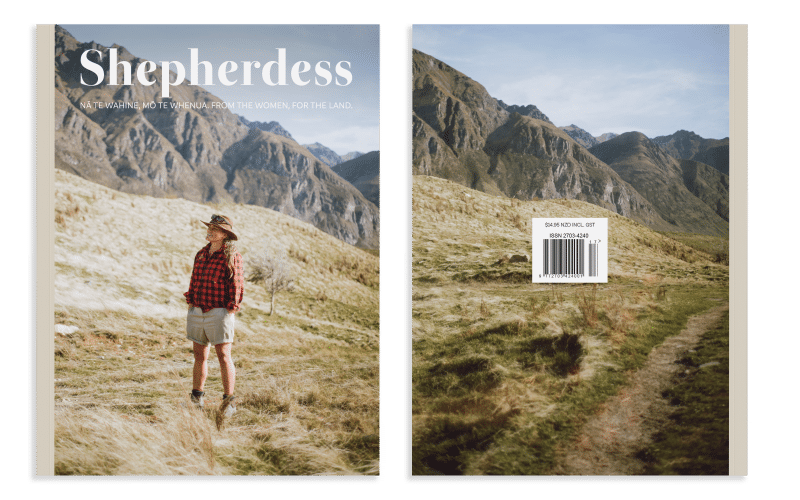
Out Now
Seventeenth Edition
Our beautiful Ngahuru Autumn 2024 Edition is out now!
